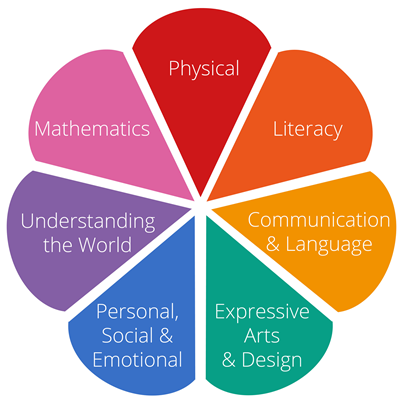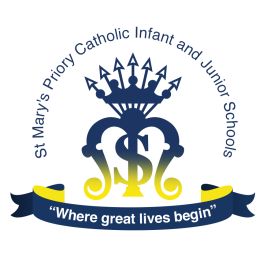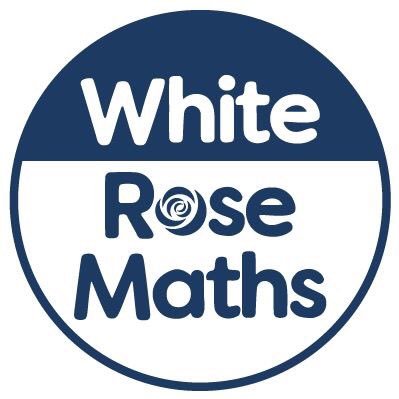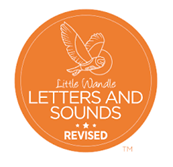Reception
Owl class Team
Class teacher: Ms O'Shea
Nursery Nurse: Ms Pavarani
Teaching Assistants: Ms Wioletta
If you would like to discuss your child, please either see the teacher at the gate at home time, or email our school office to arrange a phone call.
PE days: Wednesday and Friday
Music: Wednesday
Our Curriculum:
In the EYFS we follow the seven areas of learning for the foundation stage:
The Early Years Foundation Stage (EYFS) sets standards for the learning, development and care of children from birth to 5 years old. All schools and Ofsted-registered early years providers must follow the EYFS, including childminders, preschools, nurseries and school reception classes.
The Early Years Foundation Stage (EYFS) framework supports an integrated approach to early learning and care. It gives all professionals a set of common principles and commitments to deliver quality early education and childcare experiences to all children.

The 3 Prime Areas of the EYFS are:
- Communication and language
- Physical development
- Personal, social and emotional development.
The 4 Specific Areas of the EYFS are:
- Literacy
- Mathematics
- Understanding the world
- Expressive arts and design
As a Catholic school, we also teach Religious Education.
We help our Reception children to work towards the Early Learning Goals, which are the knowledge, skills and understanding children should have at the end of their first academic year at school.
Parents are encouraged to support the curriculum within the Early Years through regular parent workshops, reading at home and home learning activities. We also use the Tapestry platform to record children's learning, which is shared with parents.
We use the White Rose Maths programme to support children with their mathematical development.
You can find out more by clicking on the picture below.
St Mary’s Priory uses the scheme Little Wandle to teach children their sounds for reading reading and writing. To find out more about Little Wandle, please click the picture below or click on the Early Reading section of our website. Children start learning their sounds in the Autumn term of Nursery (sound/phoneme only) and continue throughout the EYFS and into Key Stage 1.
How to help at home
You can help your child's social and emotional development by:
- Talking with your child and encouraging your child to talk with other children and other adults.
- Encouraging and supporting your child to play cooperatively with other children.
- Regularly discussing with your child feelings and the consequences of different actions.
You can help your child with the early stages of reading, writing and mathematics by:
- Continuing to encourage an enjoyment of books, stories and poems; visiting the local library and sharing stories with your child.
- Continuing to encourage your child to join in with rhymes and songs.
- Practice the letters and sounds learnt in school. You can also help by sounding out a three letter word (segmenting) using the sounds that they have learnt so far and asking your child to put them back together (blending) to make the word.
- Continuing to provide your child with a variety of writing equipment to encourage drawing and writing skills, encouraging your child to give meanings to the marks that they make.
- Play I Spy with your child (good for identifying initial sounds)
- Phonics website for games Phonics Play UK
- Watch Alphablocks and discuss the episodes CBeebies Alphablocks
- Watch Numberblocks and discuss the episodes CBeebies Numberblocks
There are some useful websites to support learning at home within the EYFS below, or please speak to a member of staff if you have any questions about the curriculum.
https://www.theschoolrun.com/what-early-years-foundation-stage
Baseline Assessment
Our Reception teachers carry out the Reception Baseline Assessments. Please see the leaflet below for more information.


